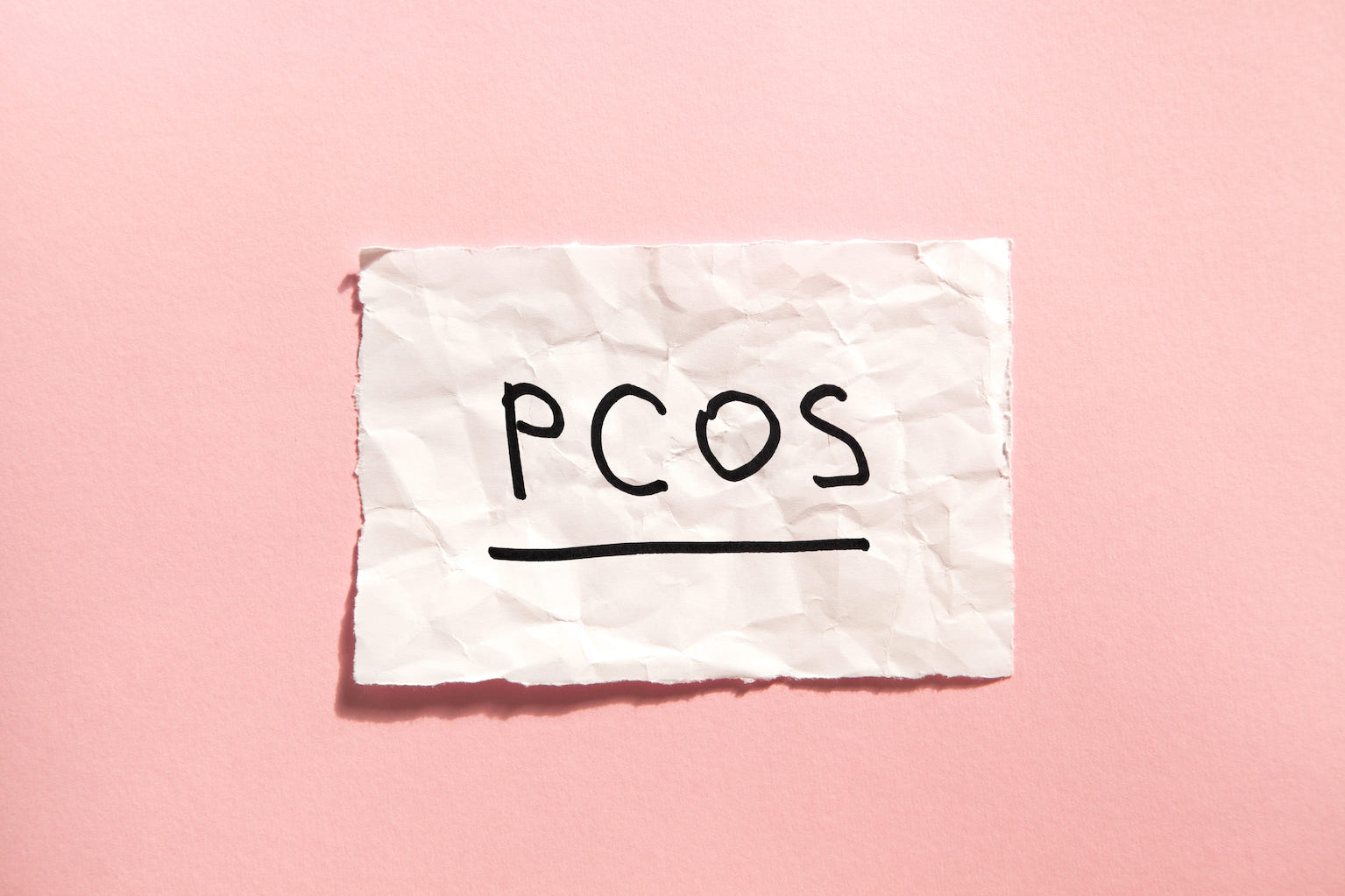The Relationship between Polycystic Ovarian Syndrome (PCOS) and Obesity

Polycystic Ovarian Syndrome (PCOS) is the most common hormonal disorder in women, affecting up to 12–21% of reproductive-age women and frequently going undetected due to its wide range of manifestations. It is highly associated with obesity and the metabolic syndrome, so much so that the prevalence of PCOS has been found to be more than 30% in women with a Body Mass Index (BMI) greater than 30.
The underlying problem in PCOS is an imbalance of the female-to-male sex hormones. Its present features can range from just having excessive body hair to menstrual cycle disturbances and even infertility.
Polycystic Ovarian Syndrome: Clinical features
The name "Polycystic Ovarian Syndrome" is due to the fact that it is a syndrome that requires the presence of a number of clinical features to meet the diagnostic criteria. The most common diagnostic criteria used are the Rotterdam Criteria. The Rotterdam Criteria require the presence of two of the following:
- Oligo/anovulation (less to no ovum production)
- Hyperandrogenism (clinical hirsutism manifested by excess body hair or a biochemical hormone imbalance) or polycystic ovaries on ultrasound.Causes of obesity
The condition is thought to stem from both environmental and genetic factors. The primary problem is increased production of androgens (male sex hormones). The testosterone /androgen is converted into estrone (female sex hormone) in the adipose (fat) tissues, which suppresses follicle-stimulating hormone (FSH) production. The result of this imbalance is that follicular maturation is arrested, which leads to the accumulation of immature follicles in the ovaries, resulting in enlarged polycystic ovaries and infertility.
Other causes of obesity are:
- Poor diet and lifestyle choices
- Lack of physical activity
- Underlying medical conditions such as Cushing’s Syndrome
Risk factors
Increased central obesity, and insulin resistance are commonly seen in females with PCOS and are contributing factors to infertility. Patients may additionally suffer from diabetes, fatty liver etc.
Diagnosis
Your doctor may diagnose overweight or obesity based on your medical history, physical exams that reveal a high BMI and maybe a large waist circumference, and testing to rule out other medical disorders.
Treatment
Treatment is multipronged and depends on the symptoms that the patient finds most distressing. The aim of weight reduction is to improve fertility and reduce insulin resistance. Reduction in weight leads to lower testosterone levels, lower insulin resistance and lower diabetes risk. Women are advised to maintain a healthy weight with a BMI between 19 and 25. This can be achieved through following a diet and exercise routine. Losing as little as 5% weight has been shown to restore menstrual cycle regularity and ovulation thus improving fertility, significantly reducing the risk of diabetes and cardiometabolic risks.
Additionally medication maybe advised by your doctor to reduce insulin resistance, reduce weight and improve ovulation. Patients with BMI greater than 35 may also be candidates for Bariatric surgery to help achieve the desired goals.






